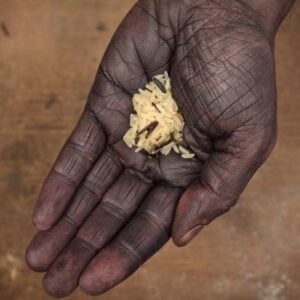The World Food Programme (WFP) is urgently delivering food assistance to communities in eastern Afghanistan following a powerful 6.0-magnitude earthquake on Sunday, August 31, which killed hundreds and affected thousands more. Initial relief efforts include distributing High Energy Biscuits to quake-affected areas near the Pakistan border and dispatching mobile storage units to support broader emergency operations. The WFP-managed United Nations Humanitarian Air Service (UNHAS) is prepared to operate additional flights to transport passengers and cargo to Jalalabad, near the quake’s epicenter, as assessments continue and fears of rising casualties grow.
The affected areas, already struggling with flash floods, face worsening conditions due to forecasts of continued severe weather. Harald Mannhardt, WFP’s deputy country director in Afghanistan, described the scene as devastating, with homes reduced to rubble, destroyed roads, landslides, and lives lost. Many communities are now cut off and reachable only on foot, with journeys taking up to five hours. The earthquake has compounded existing vulnerabilities, particularly for children, many of whom are already malnourished, making rapid food delivery a critical lifesaving intervention.
This disaster comes amid a series of crises in Afghanistan, including surging malnutrition, forced returns from Pakistan and Iran, intensifying drought, and a sharp decline in humanitarian aid due to funding constraints. Prior to the quake, WFP had already scaled back assistance to reach only the most vulnerable, leaving millions without support as winter approaches. The earthquake adds to a growing humanitarian emergency nearly two years after a 6.3-magnitude quake struck Herat Province in October 2023, when WFP similarly provided emergency food aid to affected families.
The situation underscores the urgent need for sustained humanitarian support to reach isolated communities, address immediate food insecurity, and mitigate the compounded effects of recurring natural disasters on an already fragile population.






